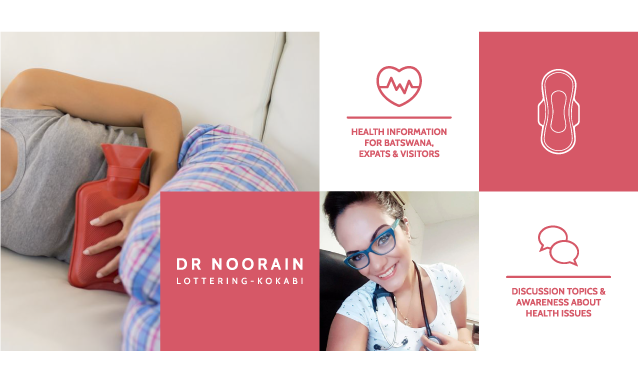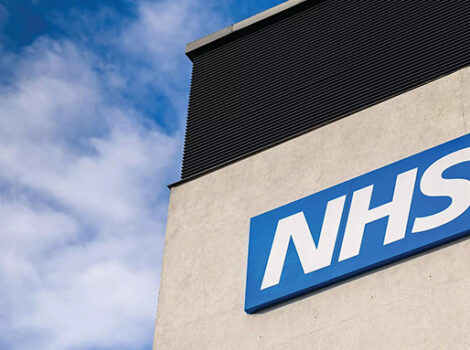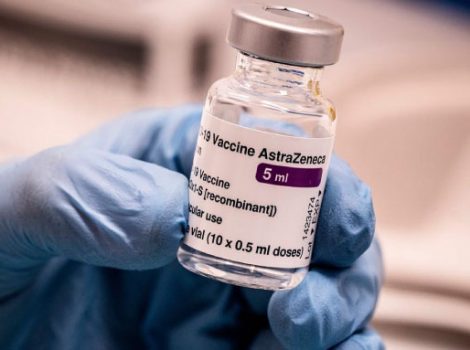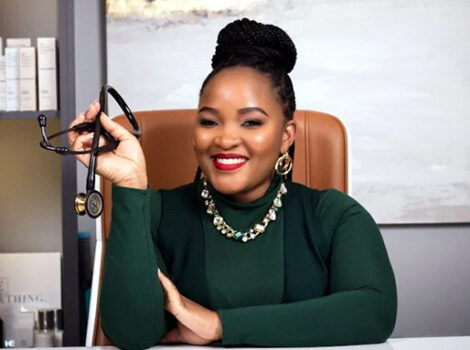
Being a woman is awesome, but once a month many a woman, no matter where in the world, go through the dreaded “red week” when everything and anything annoys her and she’d rather curl up on her couch watching Netflix with some popcorn and loads of chocolate. But apart from the moodiness and cravings, there are also the horrid menstrual cramps that occur, ranging from next to nothing for some lucky ladies to extremely debilitating for others. This article will help our lovely lady readers to understand more about this wretched part of being a woman.
Firstly, we need to understand what causes menstrual cramps, medically called “dysmenorrhea” and what is considered to be normal pain versus abnormal pain. In this article, we divide the causes into primary and secondary, with primary being the most common cause.
- Primary menstrual cramps – pain not caused by any other condition but chemicals called prostaglandins. These chemicals are produced by the womb in order for it to tighten and relax to expel the built-up lining. This type of pain can start a day or 2 before the period begins, continuing into the first few days of the period. It tends to improve after a woman has had a baby and also as she gets older.
- Secondary menstrual cramps – tend to be caused by another condition affecting the womb or other reproductive organs such as fibroids or endometriosis. It usually begins later in life and can progressively get worse. The pain begins well before the period begins and continues well after the period is over.
Apart from the above, there are also some other risk factors that increase the likelihood of having painful periods and these include:
- Family history of painful periods
- Young age at first period (below 11 years old)
- Being overweight
- Not having had a baby
- Smoking
- Depression
- Stress
- Long periods
- Irregular periods
Now that you know what causes period pain, here are some pointers to help you understand what you can do to alleviate the pain instead of moping in misery or wanting to yell at everyone around you. These are some basic home treatments that you can try:
- Hot water bottle or heated pad pressure to the belly or lower back, helps to relax muscles.
- Mild Exercise releases “happy hormones” called endorphins that combat the pain.
- Relaxation with yoga, meditation or a hot bath, relieves stress, relaxes the muscles.
If these methods fail, please visit your family doctor who may recommend medical intervention, such as:
- NSAIDs such as Ibuprofen or Diclofenac, which not only helps with pain but assists in reducing a heavy period as well. These medicines, while easily available at any pharmacy, can cause stomach irritation so it is always best to consult with your doctor prior to taking them.
- The Oral Contraceptive Pill, which would help control the pain as well as regularity and flow.
- The Mirena IUD, which is currently the most effective treatment and lasts up to five years. It slowly releases a hormone into the uterus that makes periods lighter and less painful.
However, if you have any worrying signs or symptoms, your doctor will opt to investigate you for any secondary causes of dysmenorrhea. Such signs or symptoms include:
- Being over 25 and suddenly developing painful periods
- Pain in between periods
- Fever with period pain
- Passing blood clots
- Swelling of legs
With all that said, I hope all women always remember how amazing they are, today and every day, I mean bleeding for a week and not dying? I reckon that we, women are the definition of incredible.
By YourBotswana writer:
Dr. Noorain Lottering-Kokabi, BMSc, MBBS (UWI MONA)
Born in May 1989, Dr Noorain hails from Gaborone Botswana. She completed her Pre-Med at the University of Botswana and went on to attain her BMSc and MBBS degrees at The University of The West Indies in Kingston Jamaica.
Having practised medicine in both the Caribbean and Botswana, she has been exposed to an array of conditions and ailments that have in turn widened her scope of expertise. She is also involved in multiple philanthropic projects that aim to equip youths with relevant life skills and tools they need throughout their lives.
A young, diligent, enthusiastic professional with a formidable hunger to continuously seek further knowledge, both in alternative and modern medicine, Dr. Noorain aims to better the healthcare in the communities she serves.
She currently works in community health providing first line care for the community as a whole. Her current position has enabled her to manage both common and complex cases. These cases range from the common cold/flu, bites to mental health, uncontrolled diabetes, hypertension, tuberculosis and HIV (along with the associated complications). Having worked in the Caribbean, Dr. Noorain is very familiar with the treatment of tropical diseases and severe symptoms that may arise from such diseases.
Dr. Noorain provides quality outpatient care ensuring that her patients are fully educated on their respective illness. After all a patient that is well educated on their illness is more likely to comply with medical protocols and prevention strategies, hence reducing potential mortality and morbidity statistics, which reflects a healthy and happier Botswana.
Dr Noorain is a young, career driven, passionate, culturally and medically diverse professional. She is excited about her collaboration with YourBotswana, hoping to use the platform to educate citizens and visitors alike on current health issues in Botswana.



